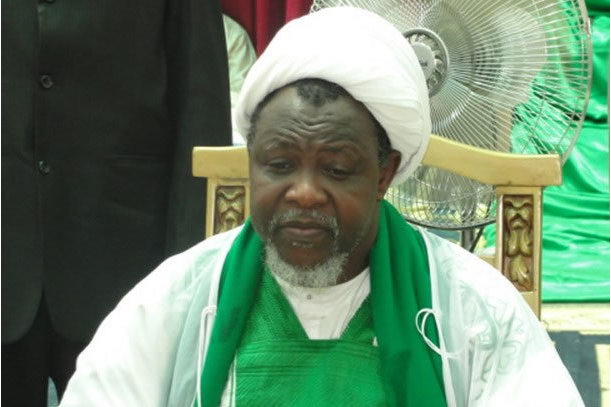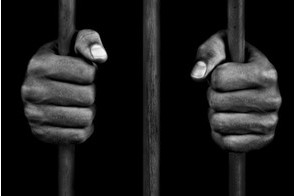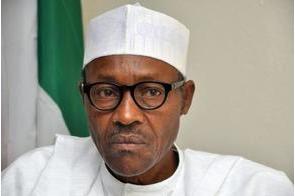Government restrictions on religion decrease as terrorism rises - Pew Research Center

Summary
Government restrictions on religion and social hostilities involving religion decreased modestly from 2013 to 2014.
A new report by Pew Research Center, a U.S. polling organisation, released today shows that both government restrictions on religion and social hostilities involving religion decreased modestly from 2013 to 2014. However, religion-related terrorism rose in 2014 – the most recent year for which data are available.
In its latest annual survey on global restrictions on religion involving 198 countries, Pew Research Center found that there was marked increase in countries with religion-related terrorist activities. Religion-related terrorism includes acts carried out by subnational groups that use religion as a justification or motivation for their actions, such as the Nigeria-based Islamist group Boko Haram; al-Qaida in the Islamic Maghreb (AQIM); and the Islamic State, the militant group also known as ISIS or ISIL.
Religion-related terrorism by Boko Haram also intensified in 2014. Their acts included the April 2014 kidnapping of more than 200 schoolgirls from the Government Girls Secondary School in Chibok, in Nigeria’s northern state of Borno.
The Washington DC-based polling organisation said the number and share of countries with religious hostility in sub-Saharan Africa stayed the same in 2013 and 2014 at 35 percent or 17 countries out of 48 countries in the region. In Asia and the Pacific, the number of countries with religion-related terrorist activities went from 18 in 2013 (or 36 percent of the region’s 50 countries) to 22 (or 44 percent) in 2014.
To measure global restrictions on religion in 2014, the study shows a ranking of 198 countries and territories by their levels of government restrictions on religion and social hostilities involving religion. The Government Restrictions Index measures government laws, policies and actions that restrict religious beliefs and practices. Whereas the Social Hostilities Index measures acts of religious hostility by private individuals, organizations or groups in society.
The study shows that 24 percent of countries had government restrictions in 2014, down from 28 percent in 2013. There was a similar decline in the share of countries with high or very high social hostilities involving religion, which dropped from 27 percent to 23 percent.
For example, there was a global decline in mob violence related to religion in 2014. There was a decline in the number of countries in which individuals were assaulted or displaced from their homes in retaliation for religious activities considered offensive or threatening to the majority faith in their country.
The report also shows a decrease in the number of countries where some level of the government – national, provincial or local – interfered with worship practices. Some of the most religiously restrictive countries in 2014 were Indonesia and Pakistan.
Related
-
Climate activists to stage protests against Total across Africa
The protests are aimed at shining a spotlight on Total’s alleged human rights violations and climate inaction.
-
Burkina Faso considers abolishing the death penalty
A bill to abolish the death penalty will be put to the vote on 6 September.
-
Abuja Summit: Amnesty International calls for justice for Boko Haram victims
Boko Haram insurgents have killed thousands of people and subjected women and girls to sexual violence.








